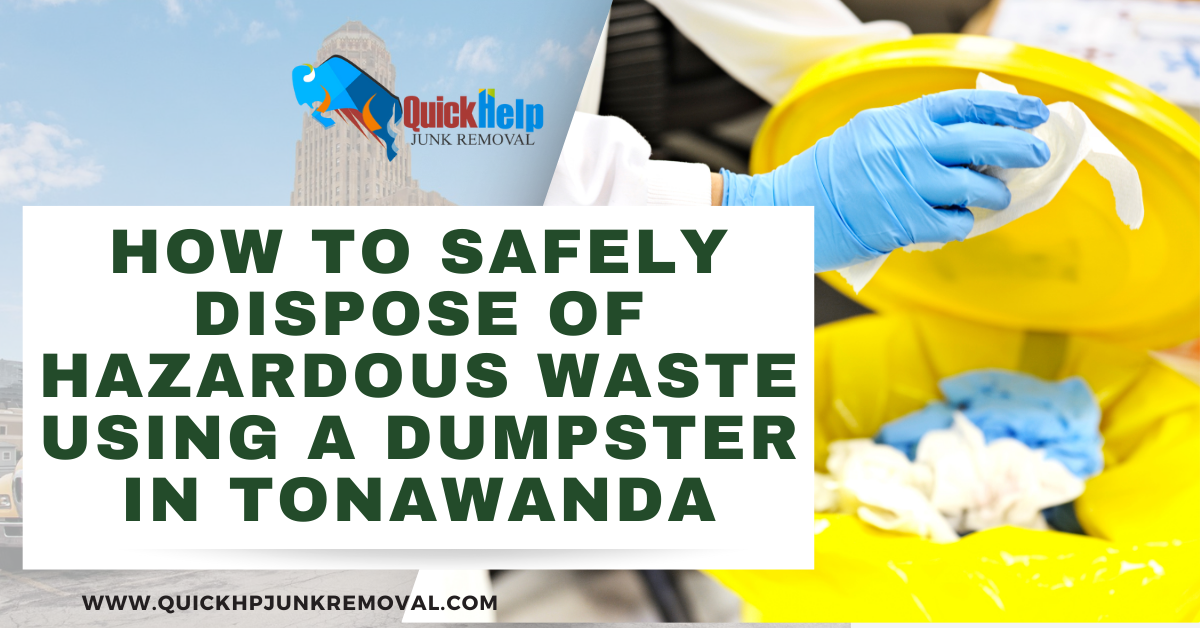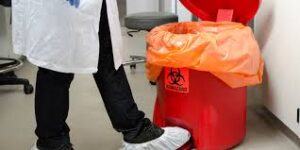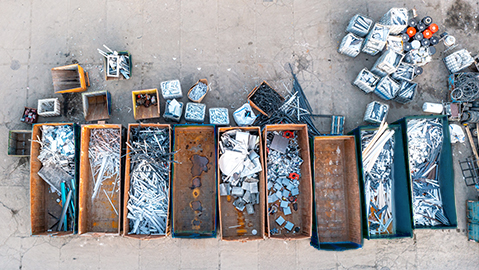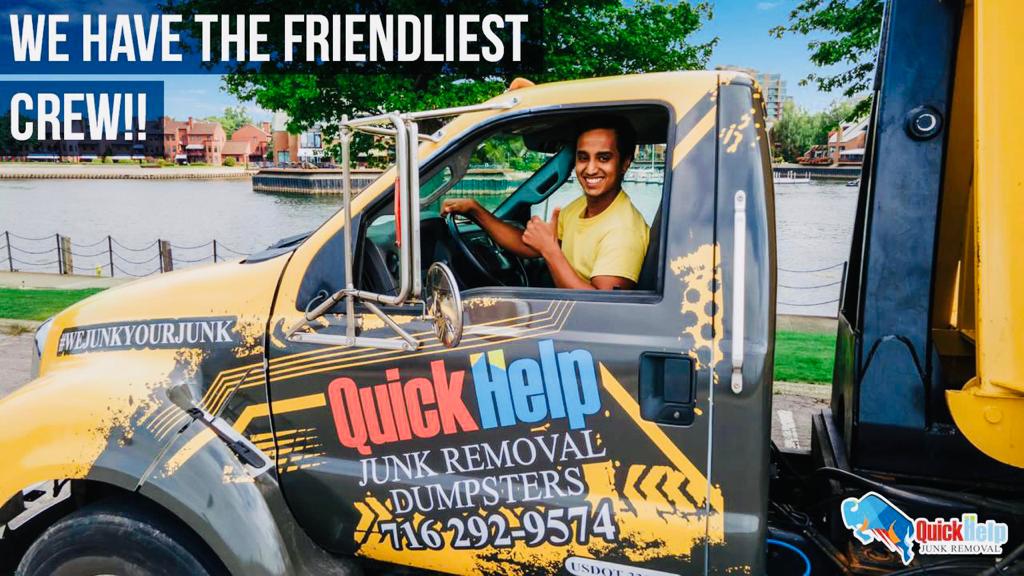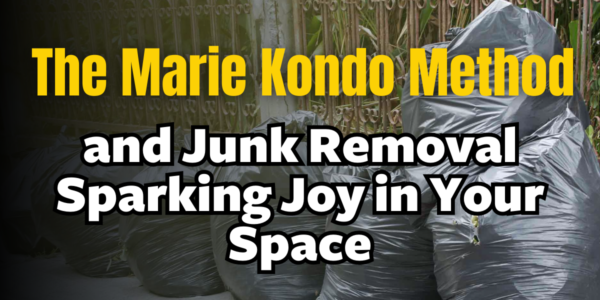When it comes to getting rid of clutter or handling waste, renting a dumpster is a go-to solution for many homeowners. But what happens when you need to dispose of hazardous materials? While it might seem easy to toss everything into the dumpster and call it a day, certain items need special handling. Let’s explore how to safely dispose of hazardous waste in Tonawanda and what you need to know before your dumpster delivery arrives.
What Is Considered Hazardous Waste?
Before diving into how to dispose of hazardous waste, it’s important to understand what falls under this category.
Examples of Hazardous Materials
Hazardous waste includes any material that poses a risk to human health or the environment. Here are some common examples of hazardous items that many people encounter:
- Paint and solvents: Leftover paints, thinners, and varnishes can be toxic if not handled properly.
- Batteries and electronics: Car batteries, rechargeable batteries, and certain electronics contain chemicals that can leach into the ground.
- Pesticides and cleaning agents: These often contain harmful chemicals that need to be disposed of carefully.
- Asbestos and construction debris: Older homes may have asbestos-containing materials that require special removal procedures.
Did you know? Even everyday items like fluorescent light bulbs and certain types of old thermostats contain mercury, a hazardous substance that requires proper disposal.
Why Proper Disposal Is Critical
Improperly disposing of hazardous materials can lead to environmental pollution, contamination of water sources, and potential harm to wildlife. It’s not just about being environmentally friendly—it’s also about following local regulations. In Tonawanda, improper disposal of hazardous waste could result in fines or other legal consequences.
Can Hazardous Waste Be Disposed of in a Dumpster?
Dumpster Restrictions on Hazardous Materials
It’s important to know that most general-use dumpsters are not equipped or intended to handle hazardous waste. While you can throw away many types of waste—such as construction debris, yard waste, and general household junk—hazardous materials are typically prohibited. This includes things like paints, oils, electronics, and chemicals.
Disposing of hazardous items in a dumpster not only violates regulations but also poses serious risks to garbage handlers and the environment. If you’re unsure whether an item can be placed in your rented dumpster, it’s always a good idea to check with your local waste management provider or contact us at Quick Help Junk Removal for guidance.
Identifying the Right Type of Dumpster for Waste
When planning your dumpster rental, it’s critical to identify the type of waste you’ll be disposing of. If your project involves hazardous materials, you may need to seek specialized services that handle these types of items separately. At Quick Help Junk Removal, we can guide you through the process of disposing of both hazardous and non-hazardous waste, ensuring you stay compliant with local laws.
Safe Methods for Handling Hazardous Waste
If you’re faced with the task of disposing of hazardous materials, here’s how you can safely manage the process.
Steps to Take Before Disposal
- Sort and label hazardous items: Make sure to clearly label and separate hazardous items from general waste. This helps prevent accidental contamination.
- Use protective gear: When handling items like paints, solvents, or batteries, wear gloves and other protective gear to minimize exposure to harmful chemicals.
- Store waste securely: Place hazardous waste in secure containers that won’t leak or tip over. This is especially important for liquids or chemicals.
Local Disposal Centers and Recycling Programs
Tonawanda residents have access to various hazardous waste drop-off programs. The town often organizes specific collection days for hazardous waste such as electronics, batteries, and chemicals. Instead of throwing these items into your dumpster, consider taking them to one of these programs for safe disposal.
Another option is to explore local recycling programs. For instance, items like batteries, electronics, and old paint cans can often be recycled, keeping them out of the landfill while protecting the environment.
How Quick Help Junk Removal Can Assist You
At Quick Help Junk Removal, we understand how tricky it can be to navigate the rules and regulations surrounding hazardous waste. That’s why we offer professional junk removal and dumpster rental services tailored to your needs.
Professional Services for Hazardous Waste
We provide expert guidance on how to handle and dispose of hazardous materials safely. Whether you need help sorting your waste or have a large cleanup project, our team is ready to assist. We comply with all local, state, and federal regulations, ensuring your hazardous waste is managed responsibly.
Dumpster Rental Options for Safe Disposal
For non-hazardous waste, we offer a range of dumpster sizes to fit any project. Whether you’re tackling a home renovation or a yard cleanup, we have the perfect dumpster for you. Need help deciding what size you need? Our friendly team is just a call away!
Handling hazardous waste doesn’t have to be overwhelming. By following safety protocols and knowing what materials require special handling, you can protect your health and the environment while staying compliant with local regulations. If you’re unsure about what can and cannot go into your rented dumpster, reach out to the experts.


